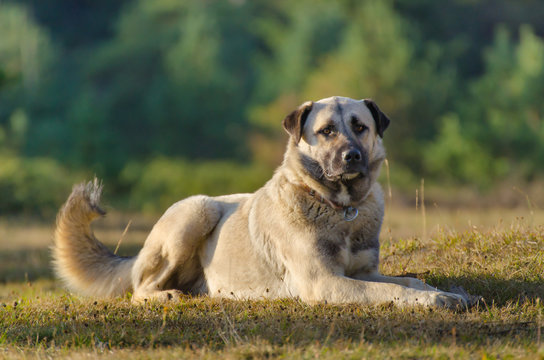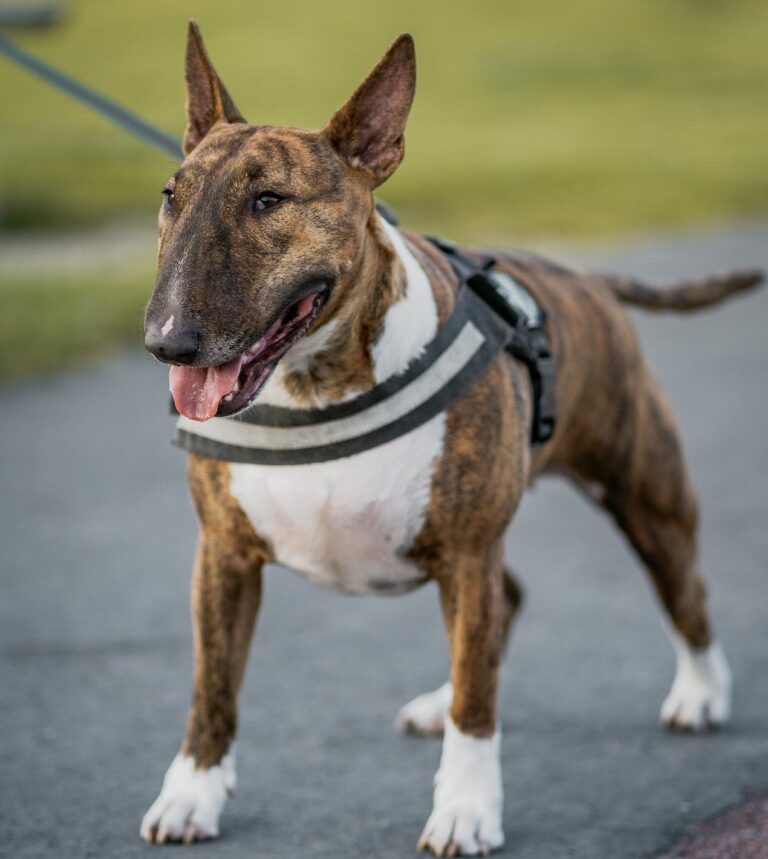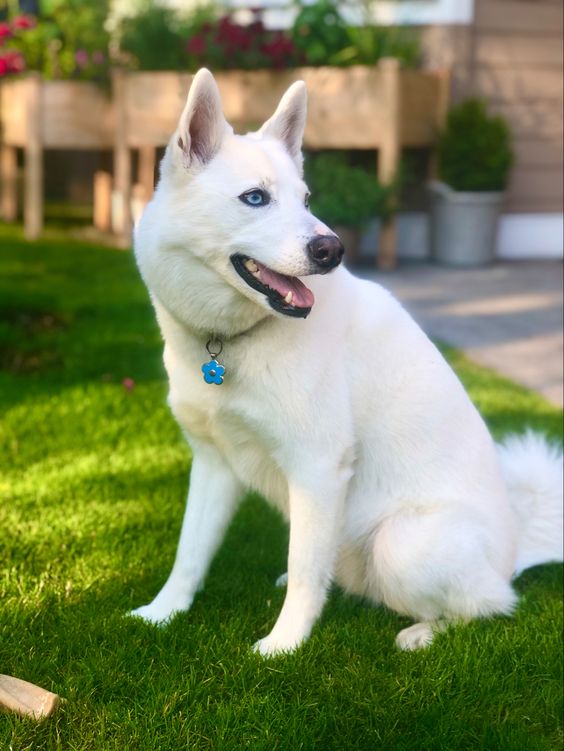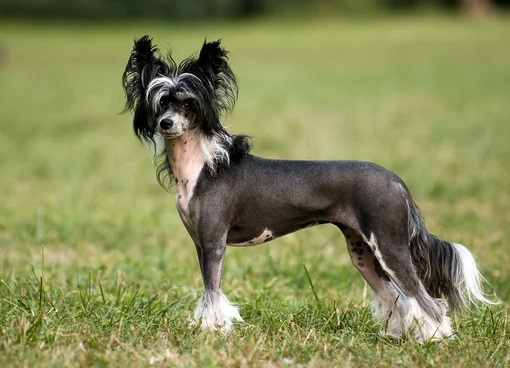Basenjis: The Barkless Dogs of Africa
If you’re looking for a unique and fascinating breed of dog, then look no further than the Basenji. Originating from Africa, these barkless dogs have captured the attention of dog enthusiasts worldwide. Not only are they known for their lack of barking, but they also possess a wide range of other distinctive characteristics that make them stand out from other dog breeds. In this article, we will explore the history, traits, and care requirements of Basenjis, shedding light on why they are truly one-of-a-kind companions. So, whether you’re considering adding a Basenji to your family or simply curious about this remarkable breed, read on to discover everything you need to know about the barkless dogs of Africa.
History and Origin
Ancient Origins
The history of Basenjis can be traced back to ancient times. These unique dogs are believed to have originated in Central Africa thousands of years ago. Evidence of their existence can be found in Egyptian tombs and wall paintings, depicting dogs that closely resemble today’s Basenjis. It is believed that they were highly revered by ancient African civilizations, serving as companions, hunters, and even sacred animals.
Hunting Dogs in Africa
Basenjis have been an integral part of African hunting traditions for centuries. They were specially bred for their exceptional hunting skills and were used by indigenous tribes for tracking and capturing game. Their keen sense of smell, agility, and speed made them perfect for navigating the dense African jungles and outsmarting their prey. Basenjis were highly valued by hunters, as their barkless nature allowed them to approach prey silently, increasing the chances of a successful hunt.
Discovery by Western World
The Western world first became aware of Basenjis in the late 19th century when European explorers and colonizers encountered these unique dogs during their expeditions in Africa. The breed gained significant attention due to their distinctive physical features, including their short coat, curly tail, and upright ears. Westerners were fascinated by the Basenjis’ ability to be completely silent, without barking like other dog breeds. This characteristic earned them the nickname “barkless dogs of Africa.”
The first Basenjis were brought to Europe and America in the early 20th century, where they quickly gained popularity among dog enthusiasts and breeders. Today, Basenjis are cherished pets, known for their intelligence, independence, and loyal nature. They serve as a testament to the rich history and unique heritage of African dogs.
Physical Characteristics
Size and Appearance
Basenjis are known for their small to medium size and unique appearance. On average, they stand at around 16-17 inches tall at the shoulder and weigh between 22-26 pounds. Despite their compact stature, they possess a well-balanced and muscular body.
Coat and Colors
The Basenji’s coat is short, fine, and dense, which helps them adapt to the warm climates of Africa. They have a smooth and glossy coat that requires minimal grooming. Basenjis come in a variety of colors, including red, black, brindle, and tricolor. Their coat colors are often accompanied by white markings on the chest, paws, and tail.
Distinctive Features
One of the most distinctive features of the Basenji is their unique vocalization, or lack thereof. Unlike other dog breeds, Basenjis are often referred to as the “barkless dogs of Africa.” Instead of barking, they produce unique sounds, such as yodels, howls, and even growls. This trait makes them a fascinating and intriguing breed.
Apart from their vocalization, Basenjis also possess other distinctive physical features. They have a wrinkled forehead, giving them an intelligent and alert expression. Their almond-shaped eyes are dark and convey a sense of curiosity. Additionally, their erect ears are highly mobile, allowing them to express their emotions and attentiveness.
Basenjis possess captivating physical characteristics. From their small to medium size and well-balanced body to their short and glossy coat with various colors, they are truly a sight to behold. Moreover, their unique vocalization and distinctive facial features make them stand out among other dog breeds.
Temperament and Behavior
Independent and Intelligent
Basenjis are known for their independent and intelligent nature. These dogs have a strong sense of self and often exhibit a self-reliant attitude. They are capable of making decisions on their own and are not overly dependent on their owners for guidance. Basenjis are intelligent and quick learners, which makes them a suitable choice for owners who value a dog with a keen mind.
Reserved with Strangers
Basenjis are typically reserved with strangers. They can be cautious and wary of unfamiliar people, often taking time to warm up to them. This reserved nature stems from their instinct to protect their family and territory. While they may not readily approach strangers, once a Basenji forms a bond with someone, they are loyal and affectionate.
Playful and Energetic
Despite their reserved nature, Basenjis are also known for their playful and energetic behavior. They have a natural curiosity and love to explore their surroundings. Basenjis enjoy interactive playtime and thrive in environments that provide mental and physical stimulation. Their energetic nature makes them suitable for active families or individuals who can provide them with regular exercise and play opportunities.
Basenjis possess a unique combination of independence, intelligence, reserved behavior with strangers, and playful energy. Understanding their temperament and behavior is essential for providing them with the right environment and training to thrive as beloved companions.
Training and Exercise
Training Challenges
Basenji can be quite challenging due to their independent nature. Unlike other dog breeds, Basenjis are known to be more stubborn and less motivated by traditional training methods. They have a strong sense of self and are not as eager to please their owners, which can make training sessions more difficult.
One of the main challenges with training Basenjis is their tendency to be aloof and independent. They are not naturally submissive and may resist commands or ignore them altogether. It is important for owners to establish themselves as strong leaders and use positive reinforcement techniques to motivate their Basenjis.
Another challenge is their high prey drive. Basenjis have a strong instinct to chase and hunt, which can make it difficult to train them to come when called or to stay in one place. It is crucial for owners to provide consistent training and socialization from an early age to help curb this instinct.
Exercise Requirements
Despite being a barkless breed, Basenjis are an active and energetic dog breed that requires regular exercise to ensure their physical and mental well-being. They have a high stamina level and enjoy activities that engage their natural hunting and chasing instincts.
A minimum of 30 minutes to an hour of exercise daily is recommended for Basenjis. This can include brisk walks, jogging, or playing fetch in a securely fenced yard. It is important to note that Basenjis are excellent jumpers and climbers, so their exercise area should be escape-proof.
In addition to physical exercise, mental stimulation is crucial for Basenjis. They are intelligent dogs that thrive on mental challenges. Owners can provide mental stimulation through puzzle toys, obedience training, or even participating in dog sports such as agility or scent work.
Mental Stimulation
Basenjis require mental stimulation to prevent boredom and destructive behaviors. As an ancient breed, they have a keen sense of curiosity and need activities that engage their minds. Providing them with mental challenges can help prevent behavioral problems and keep them mentally sharp.
Training sessions can serve as mental stimulation for Basenjis. By incorporating obedience training and teaching new commands, owners can keep their Basenjis mentally engaged. Using positive reinforcement techniques and incorporating rewards and treats can make training sessions more enjoyable for both the dog and the owner.
Interactive puzzle toys are another great way to provide mental stimulation for Basenjis. These toys require the dog to problem-solve and figure out how to retrieve treats or toys from within the puzzle. This not only keeps them mentally engaged but also provides a source of entertainment.
Additionally, participating in dog sports such as agility, tracking, or nose work can provide mental stimulation and challenges for Basenjis. These activities tap into their natural abilities and instincts, allowing them to use their minds in a fun and rewarding way.
Training and exercise are essential aspects of caring for Basenjis. Despite their training challenges and high exercise requirements, with proper training techniques and regular mental and physical stimulation, Basenjis can become well-rounded and happy dogs.
Health and Care
Genetic Health Conditions
Basenjis are generally a healthy breed, but like all dogs, they may be prone to certain genetic health conditions. It is important for potential Basenji owners to be aware of these conditions and take appropriate measures to ensure the overall well-being of their pets.
One common genetic health condition in Basenjis is Fanconi syndrome. This is a kidney disorder that affects the normal functioning of the kidneys, leading to the loss of essential nutrients and electrolytes. It is crucial to work closely with a veterinarian to monitor and manage this condition if your Basenji is affected.
Another genetic health condition that Basenjis may be prone to is Progressive Retinal Atrophy (PRA). PRA is a degenerative eye disease that can eventually lead to blindness. Regular eye check-ups and genetic testing can help identify any potential issues and allow for early intervention if necessary.
Grooming Needs
Basenjis have a short and fine coat, which requires minimal grooming compared to some other dog breeds. However, they do shed lightly throughout the year. Regular brushing with a soft-bristle brush will help remove loose hair and keep their coat in good condition.
Basenjis exhibit a reputation for cleanliness and self-grooming habits, earning them the moniker “cat-like” due to their tendency to lick themselves clean, akin to cats. It is advisable to bathe them only when necessary to prevent the removal of their natural oils from the coat.
Additionally, it is important to regularly check and clean their ears to prevent any potential infections. Trim their nails regularly to keep them at a comfortable length, as overgrown nails can cause discomfort and difficulty in walking.
Nutrition and Exercise
A well-balanced diet is essential for the overall health of your Basenji. High-quality dog food that is appropriate for their age, size, and activity level should be provided. Basenjis are known to be food-oriented, so it is important to monitor their food intake and prevent overeating, which can lead to obesity.
Regular exercise is crucial to keep Basenjis mentally and physically stimulated. They are an active breed that enjoys physical activities and mental challenges. Daily walks, play sessions, and interactive toys can help fulfill their exercise needs. However, it is important to note that Basenjis have a strong prey drive and should always be kept on a leash or in a securely fenced area to prevent them from chasing after small animals.
By being aware of their genetic health conditions, providing appropriate grooming care, and ensuring a well-balanced diet and regular exercise, you can help keep your Basenji healthy and happy for years to come.
Basenjis are truly unique and fascinating dogs that have captured the hearts of many dog lovers around the world. With their barkless nature, sleek appearance, and intelligent personalities, they offer a distinctive experience for anyone looking to add a new canine companion to their family. Originating from Africa, these ancient dogs have a rich history and have managed to retain their remarkable traits throughout the years. Consider adding a basenji to your life and discover the wonders of these barkless dogs from Africa.






